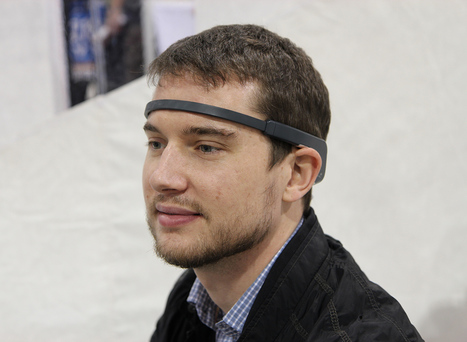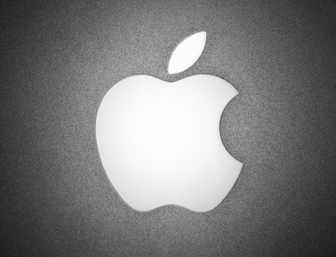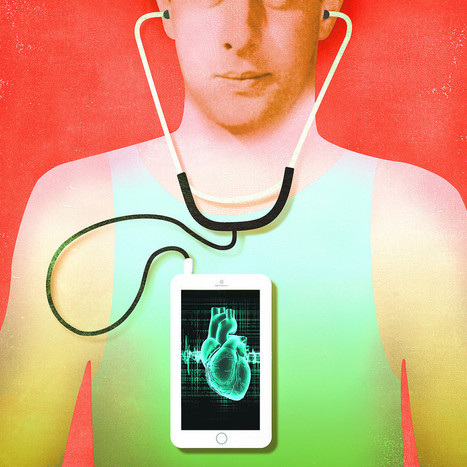Microsoft researchers have designed a smart bra that can detect stress.
Research and publish the best content.
Get Started for FREE
Sign up with Facebook Sign up with X
I don't have a Facebook or a X account
Already have an account: Login
Data analytics as the key to know your customers and offer them what they really want.
Curated by
Luca Naso
 Your new post is loading... Your new post is loading...
 Your new post is loading... Your new post is loading...
|

Hugo E's curator insight,
January 12, 2015 9:52 AM
Health proactivity will be more and more important, thanks to mobile apps and IoT. But thinking that it will allow to avoid medical monitoring is probably a big mistake... 
Leonard Bremner's curator insight,
May 25, 2015 5:19 AM
Less trips to the GP is good for all a constant health knolage enviroment is the aim |


















The Internet of Things will include many strange and wondrous devices. That's why analysts at ABI Research predict more than 30 billion devices will be wirelessly connected by 2020. Health-related data collection will play a large role in the IoT, of course.